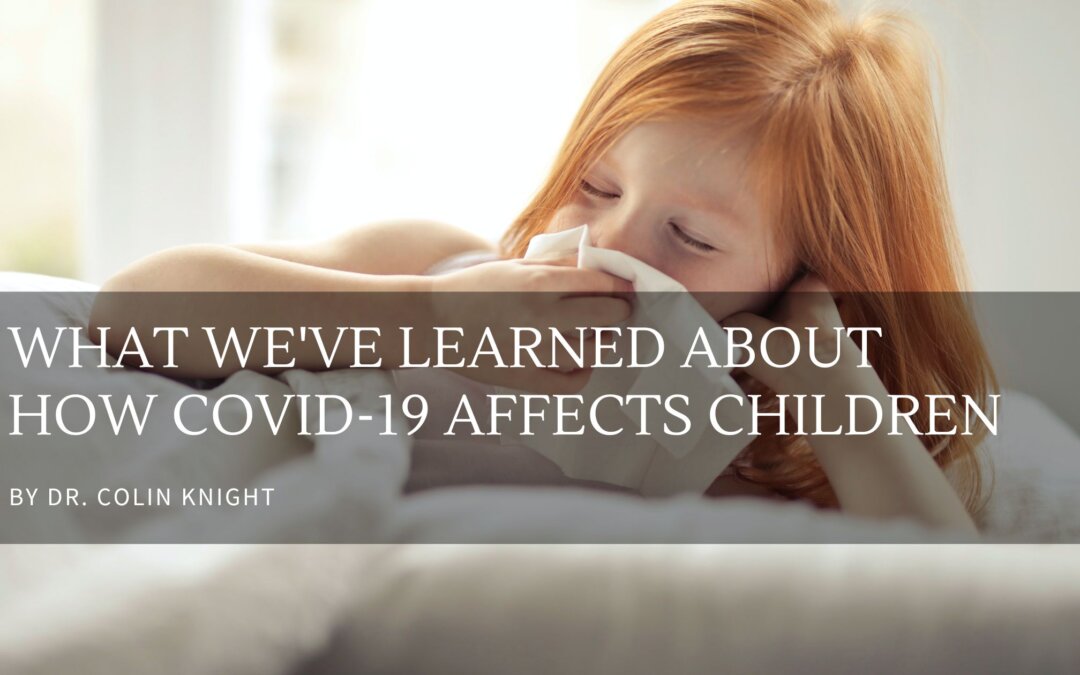Since the initial outbreak of COVID-19 in 2019, much attention has been given to how it affects people, particularly adults. However, as time has passed, researchers have also learned more about how the virus affects children.
It’s important to note that children can get COVID-19, although they tend to experience milder symptoms than adults. The symptoms of COVID-19 in children are similar to those experienced by adults and include coughing, fever, and fatigue. However, children with COVID-19 are less likely to experience shortness of breath or require hospitalization.
It’s been observed that children under the age of five may be more likely to develop severe symptoms than older children. This could be because younger children have less-developed immune and respiratory systems. Studies have also shown that children with underlying health conditions like asthma may be more likely to develop severe COVID-19 symptoms.
COVID-19 continues to have a psychological impact on children. Many children have had to adjust to virtual learning, social distancing, and the disruption of everyday routines. These changes can cause stress and anxiety in children, affecting their mental health. Additionally, some children may be more vulnerable to abuse and neglect due to social isolation measures and the financial impact of the pandemic on families. Not all children have the resources to sustain academic success without the tools provided by schools.
The transmission of COVID-19 in schools remains a controversial issue. While some studies have suggested that schools are not primary transmission sources, others have found that schools can contribute to spreading the virus in the community. The risk of transmission within schools can be mitigated by implementing measures such as mask-wearing, social distancing, and improved ventilation.
Vaccination is effective in preventing severe COVID-19 symptoms in children. In addition to benefiting vaccinated children, having more of the population inoculated means the protection of vulnerable individuals who cannot receive the vaccine, such as those with certain medical conditions.
Our understanding of how COVID-19 affects children is constantly evolving as new research becomes available. Scientists have determined that children can contract and carry the virus and experience symptoms, although they tend to be milder than those experienced by adults. Younger children and those with underlying health conditions may risk developing severe symptoms, and we are still unsure about the long-term effects. The pandemic has also had psychological impacts on children due to the virtual learning model, and the transmission of the virus in schools remains controversial. However, it is now proven that vaccination effectively prevents severe symptoms in children and can help protect the health and safety of vulnerable individuals.
